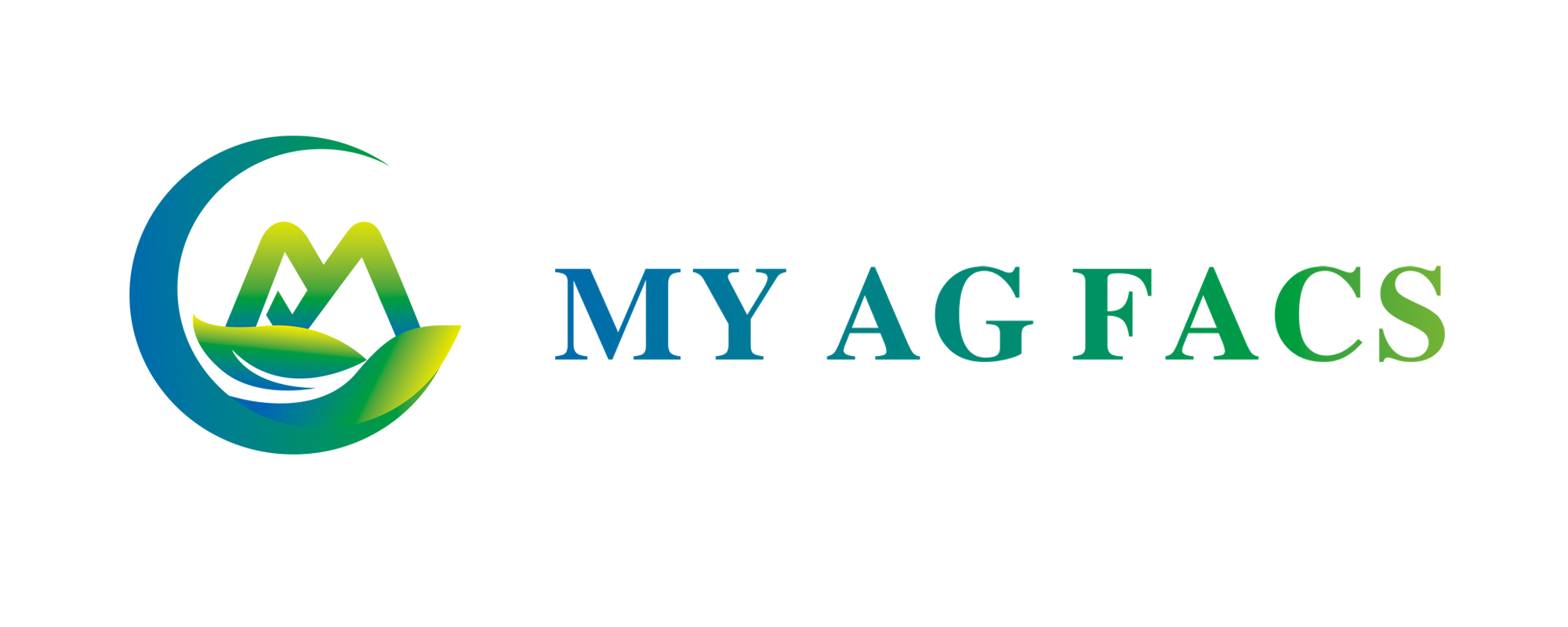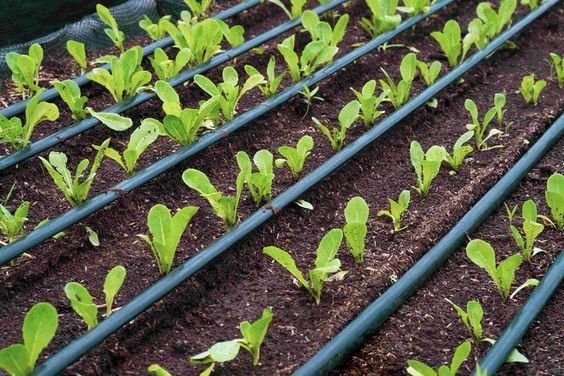

As global climate change and water scarcity issues intensify, the efficient use of limited water resources has become a major challenge for agriculture worldwide. Drip tape, a modern irrigation technology, is rapidly gaining popularity across the globe and is playing an increasingly important role in agricultural production. With its precise water delivery system, significant water-saving effects, and its ability to enhance crop yields, drip tape is quickly becoming the preferred tool for farmers and agricultural enterprises.
How Drip Tape Works and Its Wide Applications
Drip tape is a type of plastic tubing equipped with tiny emitter holes that deliver water directly to the plant roots in the form of droplets. This precise water delivery method ensures that crops receive a consistent and stable supply of water, while avoiding the evaporation and runoff losses common in traditional irrigation methods. Drip tape usually consists of a mainline, lateral lines, and emitter holes, and can be flexibly configured according to the layout of the field and the type of crops, meeting the diverse irrigation needs of various crops.
Drip tape is widely used in different types of farmland. For field crops such as cotton, corn, and wheat, drip tape enables efficient irrigation over large areas, reducing water wastage. In orchards and vineyards, drip tape can precisely control the amount of water each tree or vine receives, preventing fruit from rotting due to overwatering. Moreover, in greenhouse cultivation, drip tape is an indispensable tool, promoting healthy crop growth through precise water control, and ensuring high and stable yields.
Key Advantages of Drip Tape
Significant Water Savings: The effective utilization of water resources is one of the most prominent advantages of drip tape. Traditional flood irrigation often leads to significant water loss due to evaporation, leakage, and surface runoff. Drip tape, however, delivers water directly to the crop roots, achieving a water use efficiency of over 95%. Studies show that drip tape can save 50% to 70% of irrigation water, which is especially crucial for areas facing water scarcity.
Enhanced Crop Yields and Quality: Drip tape provides crops with uniform and continuous water supply, preventing issues caused by under-irrigation or overwatering. This stable water supply helps improve photosynthesis efficiency, enhances resistance to environmental stress, and significantly increases crop yields and quality. Research indicates that using drip tape can increase crop yields by 20% to 40%, and the size, color, and taste of the produce are noticeably improved, meeting market demand for high-quality agricultural products.
Reduction in Pests and Soil Erosion: The targeted irrigation method of drip tape delivers water directly to the roots, avoiding prolonged moisture on leaves and fruits, thereby reducing the conditions for the proliferation of pests and diseases. Additionally, the use of drip tape can reduce surface water flow and erosion, maintaining soil structure stability and preventing soil degradation, which is crucial for preserving long-term farmland productivity.
Savings in Labor and Energy Costs: The automated irrigation system of drip tape reduces the labor intensity and time required for manual irrigation. By installing smart control systems, farmers can remotely monitor and adjust the irrigation process, achieving precise water control and further improving irrigation efficiency. Moreover, the low-pressure operation of drip tape reduces the energy consumption of the irrigation system. Compared to traditional high-pressure sprinkler systems, drip tape can significantly lower energy costs, providing a sustainable solution for agricultural production.
Conclusion
The widespread use of drip tape is transforming the landscape of global agricultural irrigation. In the face of increasing water resource challenges and climate change, drip tape, with its efficient water use, improved crop yields, reduced pest infestations, and savings in labor and energy, is gradually becoming an essential tool in agricultural production. In the future, as technology continues to advance and adoption increases, drip tape will play an even greater role worldwide, supporting the sustainable development of agriculture and contributing significantly to global food security and environmental protection.